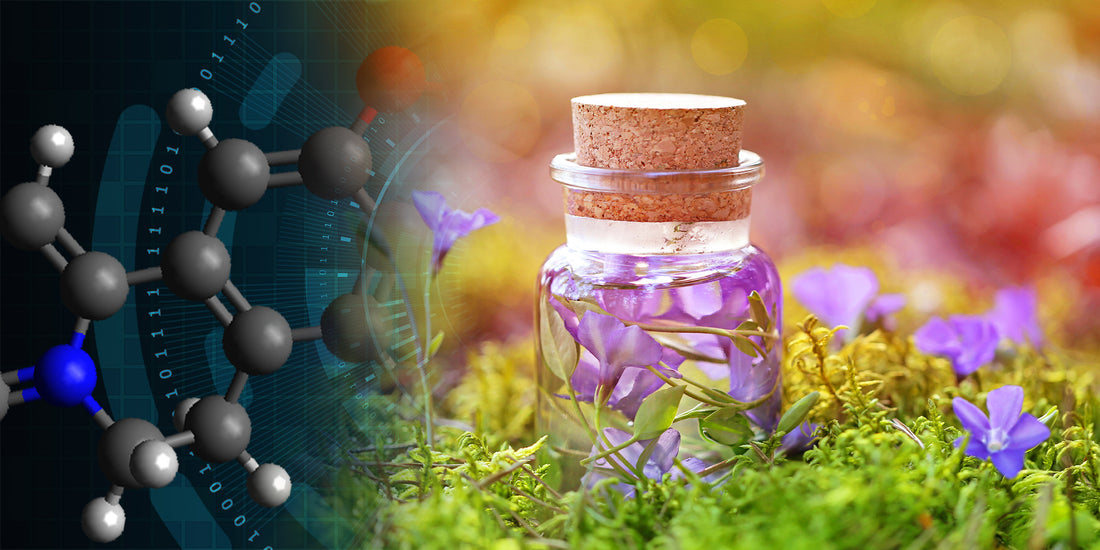Berberine is a compound found in various plants and herbs that has been used for thousands of years as a natural medicine. It has many uses, including lowering blood sugar levels and helping prevent heart disease, diabetes and cancer. However, berberine can be difficult to find and is often expensive. Fortunately, there are some amazing Ayuvedic herb alternatives which are more readily available.

Karela
Karela, also known as bitter melon, is a popular Ayurvedic herb that has been used for centuries to treat many health conditions. Karela contains a number of nutrients such as vitamins C and A, antioxidants, potassium and calcium. It's also high in fiber which aids digestion and can help reduce blood sugar levels by slowing down the rate at which sugar enters the bloodstream after eating carbohydrates-rich foods such as pasta or breads made with refined flour (rather than whole grains).
In addition to these benefits of karela, there is some preliminary evidence that it may be effective against chronic heart disease (by lowering blood pressure), Type 2 diabetes mellitus (by lowering insulin resistance) and improving lipid profiles in people with metabolic syndrome.
Because of its ability to reduce blood sugar levels, many people use it as an alternative treatment for type 2 diabetes (T2D). In fact, there have been several clinical trials supporting this effect on humans—one study found that it could lower T2D risk factors by up to 60%. You should still always consult with your doctor when considering using any herbs or therapies for medicinal purposes.
Gymnema Sylvestre
Gymnema sylvestre is a natural herb that has been used for centuries to help control blood sugar levels. It's an effective natural remedy for diabetes, and it helps to maintain weight loss by encouraging the body to burn fat rather than store it.
Gymnema sylvestre is also beneficial for people with high cholesterol, as it can help lower their LDL (bad) cholesterol levels. Research indicates that gymnema sylvestre may also have antioxidant properties and may be useful in treating other conditions such as obesity, liver disease and ulcerative colitis.
Guggul


Guggul, a naturally occurring compound derived from the Indian tree Commiphora wightii, is another Ayurvedic alternative to berberine. Guggul has been used in Ayurveda since ancient times because of its anti-inflammatory properties. It's especially useful for treating obesity, arthritis, diabetes and cholesterol problems. Unfortunately, it may also increase the risk of bleeding so you shouldn't take it if you're currently taking any other medications or supplements.
 Jamun
Jamun

Jamun is a fruit that grows on trees in India and other parts of Asia. It's been used for thousands of years in Ayurvedic medicine.
The jamun tree itself has many medicinal uses: it reduces cholesterol and blood sugar levels, lowers inflammation, improves digestion and can even help prevent cancer.
- Jamun contains polyphenols—antioxidants that protect against free radical damage that can lead to aging or chronic diseases like diabetes or heart disease.
- Jamun helps lower cholesterol by inhibiting an enzyme called HMG-CoA reductase. This enzyme plays an important role in the production of cholesterol within our bodies. By inhibiting HMG-CoA reductase, jamun inhibits this production process which leads to lower levels of serum lipids (cholesterol levels), triglycerides and low density lipoproteins (LDLs).
Berberine is a popular and trendy supplement, but it's not for everyone. All of these herbs we’ve listed here are natural alternatives to berberine. They have been used in Ayurveda for thousands of years and are still popular today.
